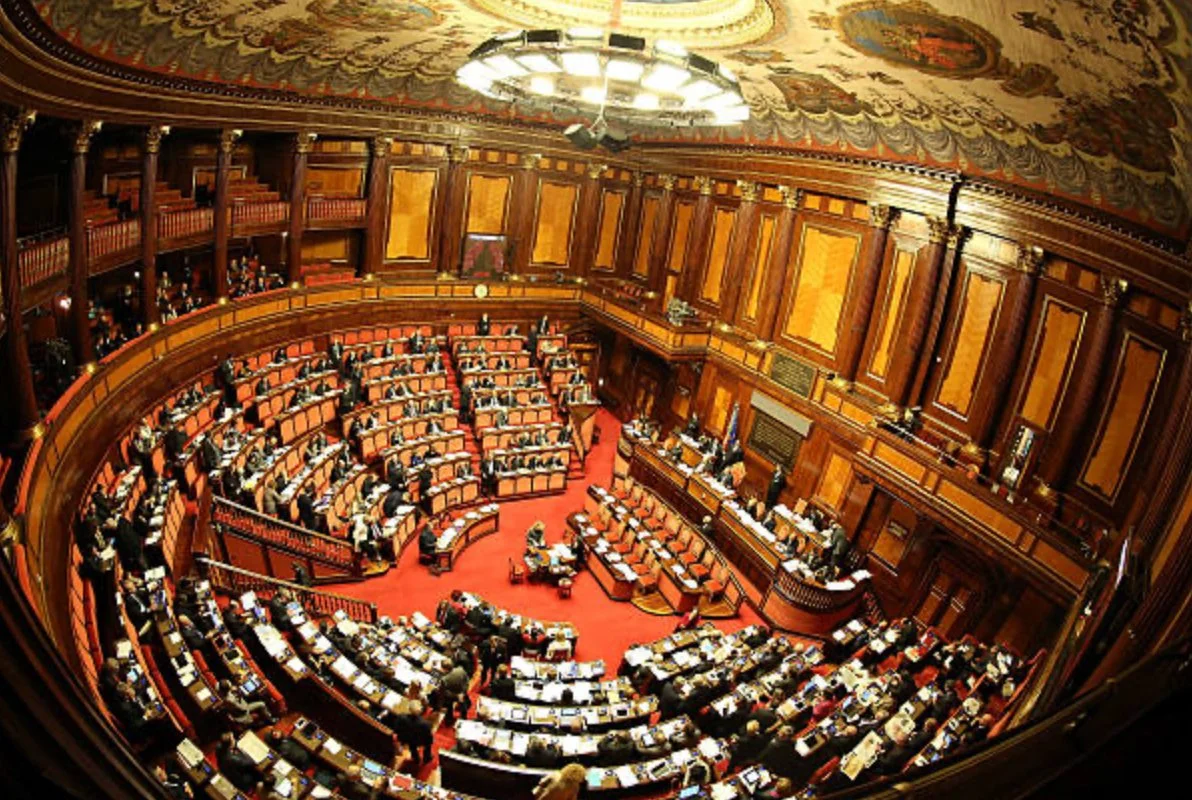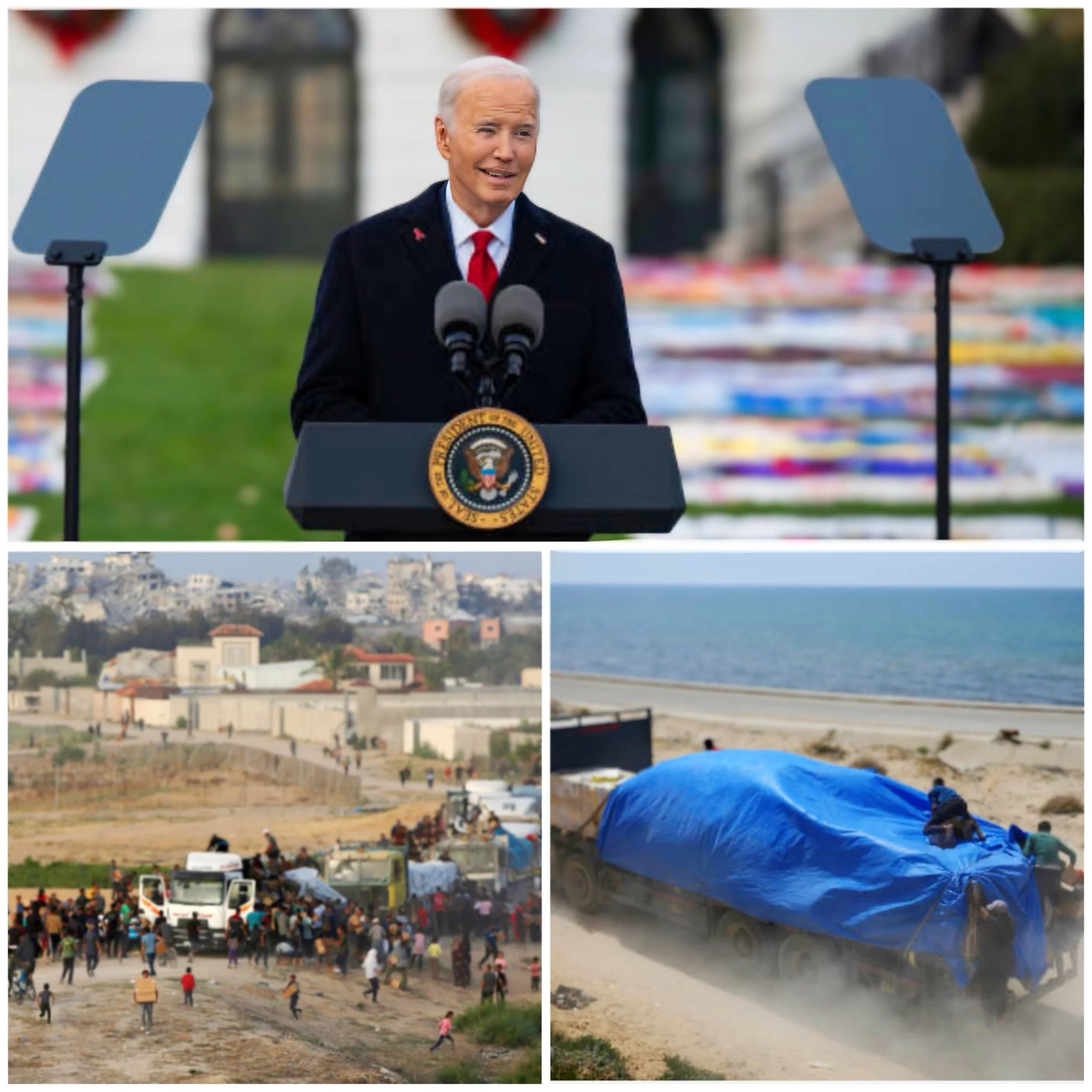Is Italy’s embargo on Israel Justified?
The decision by Italy to impose restrictions on arms exports to Israel is a complex and politically sensitive issue. Here are the key points to consider:
Italy’s Arms Export Restrictions
Italy has taken a strong stance on arms exports to Israel in response to the ongoing conflict in Gaza:
• Prime Minister Giorgia Meloni announced that Italy blocked all new arms deals with Israel within weeks after the start of the war in Gaza.
• The government suspended the issuance of all new licenses for exporting military materials to Israel.
• All contracts signed after October 7, 2023 were not executed.
• Previously issued export licenses are being analyzed on a case-by-case basis.
Comparison with Other European Countries
Meloni claims that Italy’s policy is stricter than that of other major European nations:
• She stated that Italy’s complete block on new licenses is more restrictive than measures taken by France, Germany, and the United Kingdom.
• These other countries reportedly continue to use case-by-case assessments, including for new licenses.
Calls for Broader Action
Some Italian politicians and international organizations are advocating for even stronger measures:
• Giuseppe Conte, leader of the opposition Five Star Movement, has called for Italy and the EU to impose a total arms embargo and economic sanctions on Israel.
• Human rights organizations have urged all states to immediately suspend arms transfers to Israel, citing potential complicity in international crimes.
Considerations
The decision to restrict arms exports involves balancing several factors:
1. Legal obligations: States have responsibilities under international law to prevent complicity in potential war crimes or human rights violations.
2. Humanitarian concerns: The high civilian death toll in Gaza has raised serious humanitarian concerns.
3. Diplomatic relations: Such decisions can impact diplomatic ties with both Israel and other allies.
4. Economic impact: Arms exports can be a significant economic sector for some countries.
5. Regional stability: The broader implications for Middle East peace and stability must be considered.
Whether Italy has made the “right” decision is subjective and depends on one’s perspective on these complex issues. The move represents a significant step in response to the conflict, but its effectiveness and long-term impact remain to be seen.







